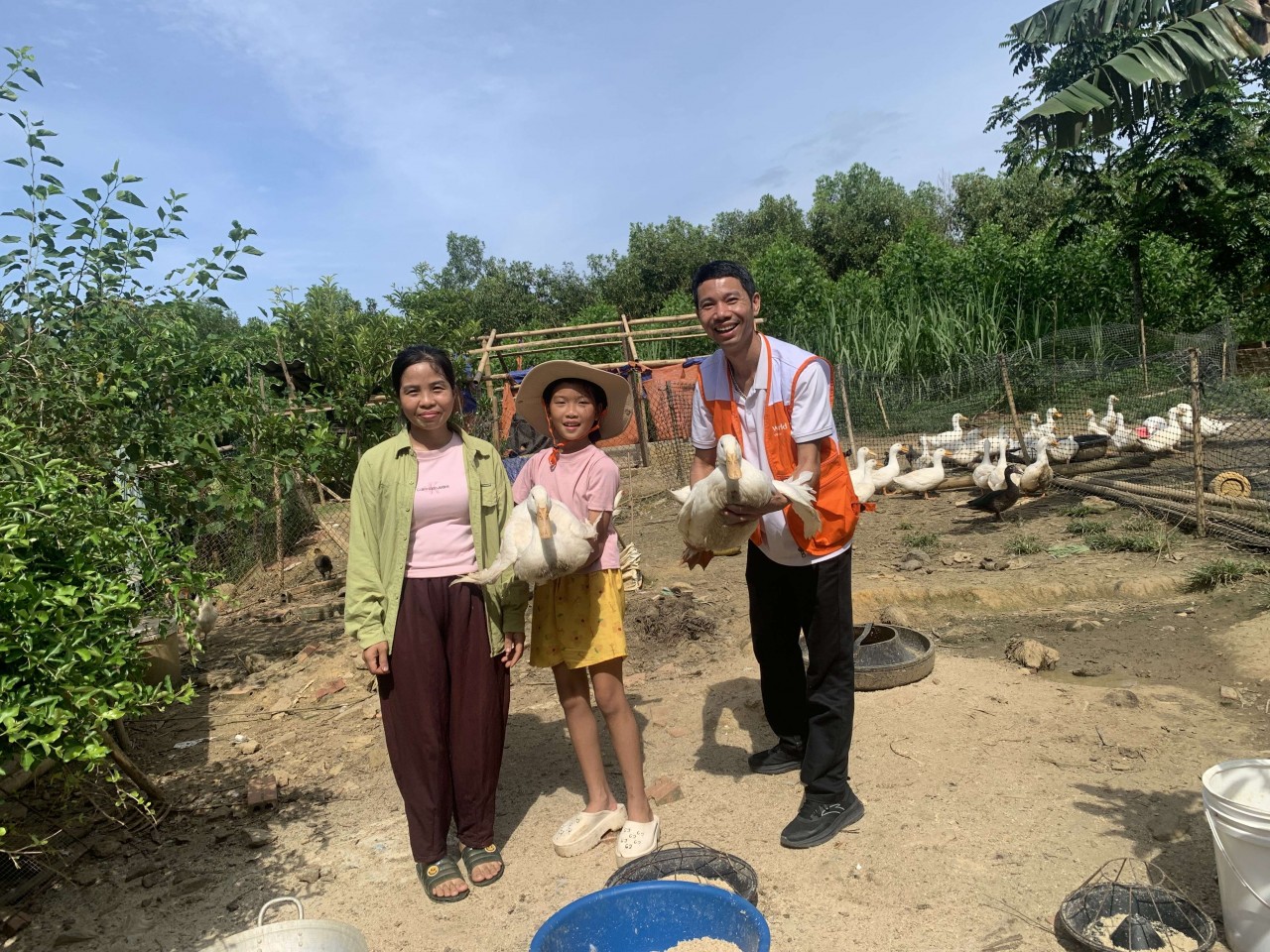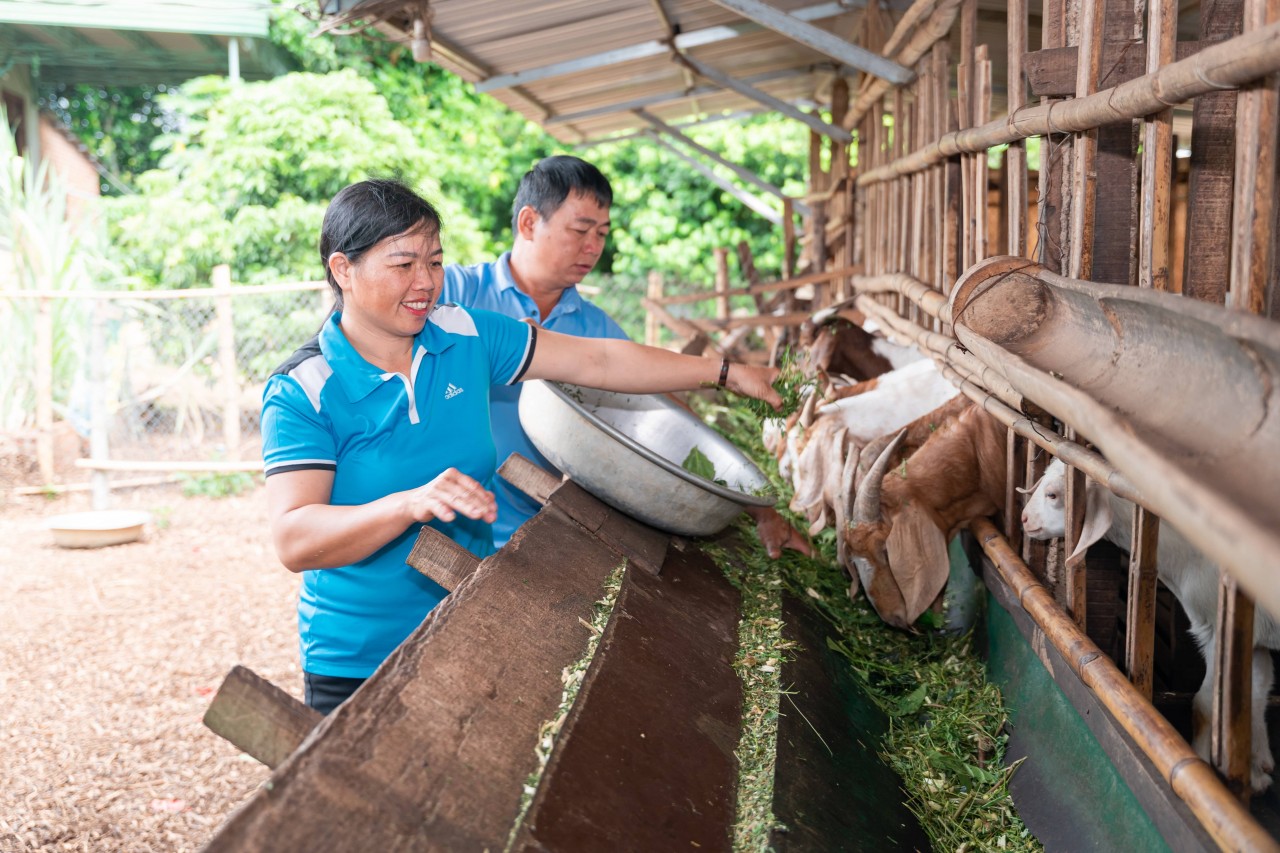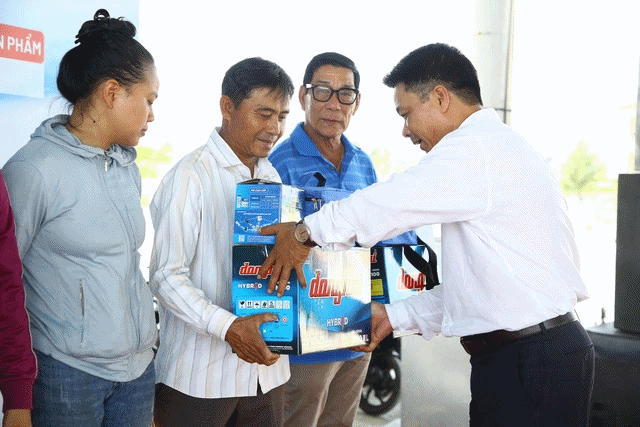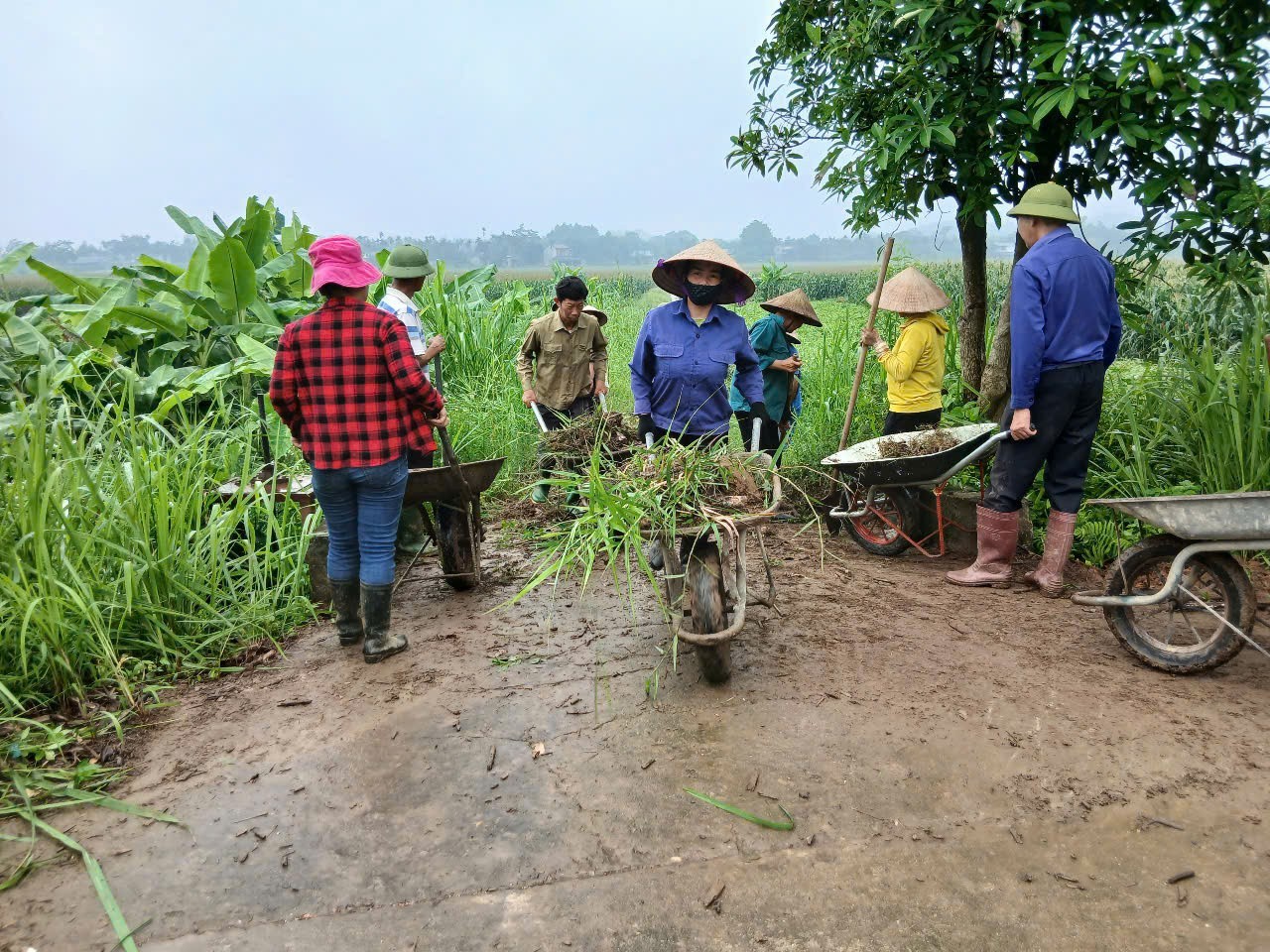More than 45,000 People Receive Livelihood Recovery Support from Oxfam Following Typhoon Yagi
| Disaster Response Must Combine Emergency Relief with Sustainable Livelihood Recovery | |
| Agriculture on Way to Recovery from Typhoon Yagi in Ha Giang's Communes |
On July 30, the Stichting Oxfam Novib (Oxfam), in collaboration with the Phu Tho Provincial Women’s Union and the Lao Cai Red Cross Society, held a final learning workshop for the Typhoon Yagi Recovery Project. Funded by Oxfam, the project was launched in 2024 to provide emergency relief and livelihood recovery support to communities severely affected by Typhoon Yagi in the former provinces of Lao Cai, Yen Bai, and Hoa Binh, now part of Lao Cai and Phu Tho provinces.
Participants in the workshop included Pham Quang Tu, Deputy Country Director of Oxfam in Vietnam; Kha Thi Luan, Vice President of the Phu Tho Provincial Women’s Union; Ha Thi Ngoan, President of the Lao Cai Red Cross Society; representatives of the Australian Embassy in Vietnam; local authorities; and project beneficiaries.
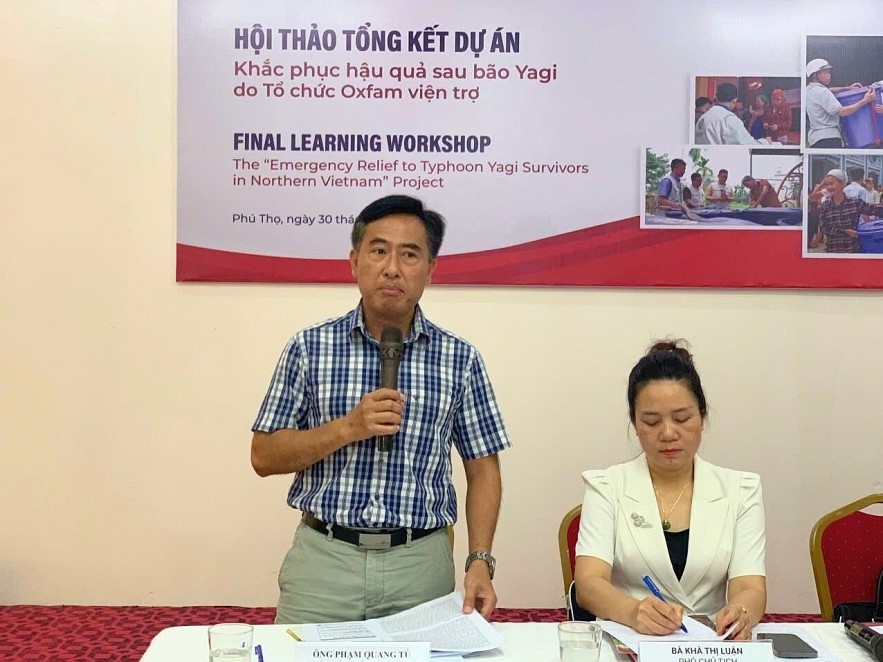 |
| Pham Quang Tu, Deputy Country Director of Oxfam in Vietnam, speaks at the workshop. (Photo: Oxfam) |
Speaking at the workshop, Pham Quang Tu stated that immediately after Typhoon Yagi, Oxfam worked with partners to rapidly assess damages and essential needs in response to calls for support from the Government, the Vietnam Fatherland Front, and local authorities. Based on these assessments, Oxfam mobilized approximately USD 1.5 million (equivalent to VND 38 billion) to carry out relief and recovery activities.
| As of the end of July 2025, the project had supported over 45,000 residents in 15 communes through various forms of assistance: 1,858 unconditional cash grants; 1,210 conditional cash grants to support livelihoods; 3,210 essential household kits prioritizing women and children; 2,860 relief packages (including cooking oil and warm blankets); 1,490 paid community labor days for rural infrastructure restoration; as well as multiple assessments on clean water needs, environmental sanitation, and livelihood recovery after natural disasters. The project also conducted numerous capacity-building training sessions on gender-sensitive emergency response. Pham Quang Tu, Deputy Country Director of Oxfam in Vietnam |
Tu emphasized that the project’s most notable feature was its comprehensive approach, transitioning from emergency relief to sustainable livelihood restoration. “Right after a disaster, people need essential support to stabilize their lives. But stopping there is not enough. Long-term recovery depends on restoring livelihoods and reorganizing production,” he said.
Oxfam placed particular focus on two strategic directions: first, encouraging “labor-for-cash” programs, where residents participate in rebuilding rural infrastructure while earning income; second, providing crop and livestock breeds alongside technical training to help communities proactively restart production.
“Oxfam prioritizes helping people recover independently and build long-term resilience, rather than offering only short-term aid,” Tu noted.
Based on implementation experience, he argued that post-disaster assessments must evolve: beyond damage statistics, it is critical to identify real needs. “People know best what they require. Providing the right support to the right people ensures effective use of limited aid resources,” he said, adding that close coordination among stakeholders is key to avoiding duplication and ensuring timely assistance.
Pham Quang Tu also pointed out several shortcomings in administrative procedures that caused delays in receiving aid, reducing the timeliness and effectiveness of emergency relief efforts. Based on this, Oxfam recommended that relevant authorities revise Decree No. 50/2020/ND-CP on the reception, management, and use of emergency international aid for disaster relief and recovery, and Decree No. 80/2020/ND-CP on the management and use of non-official development assistance (non-ODA) grants provided by foreign agencies, organizations, and individuals to Vietnam. The proposed revisions aim to simplify procedures and facilitate the reception of international aid in emergencies.
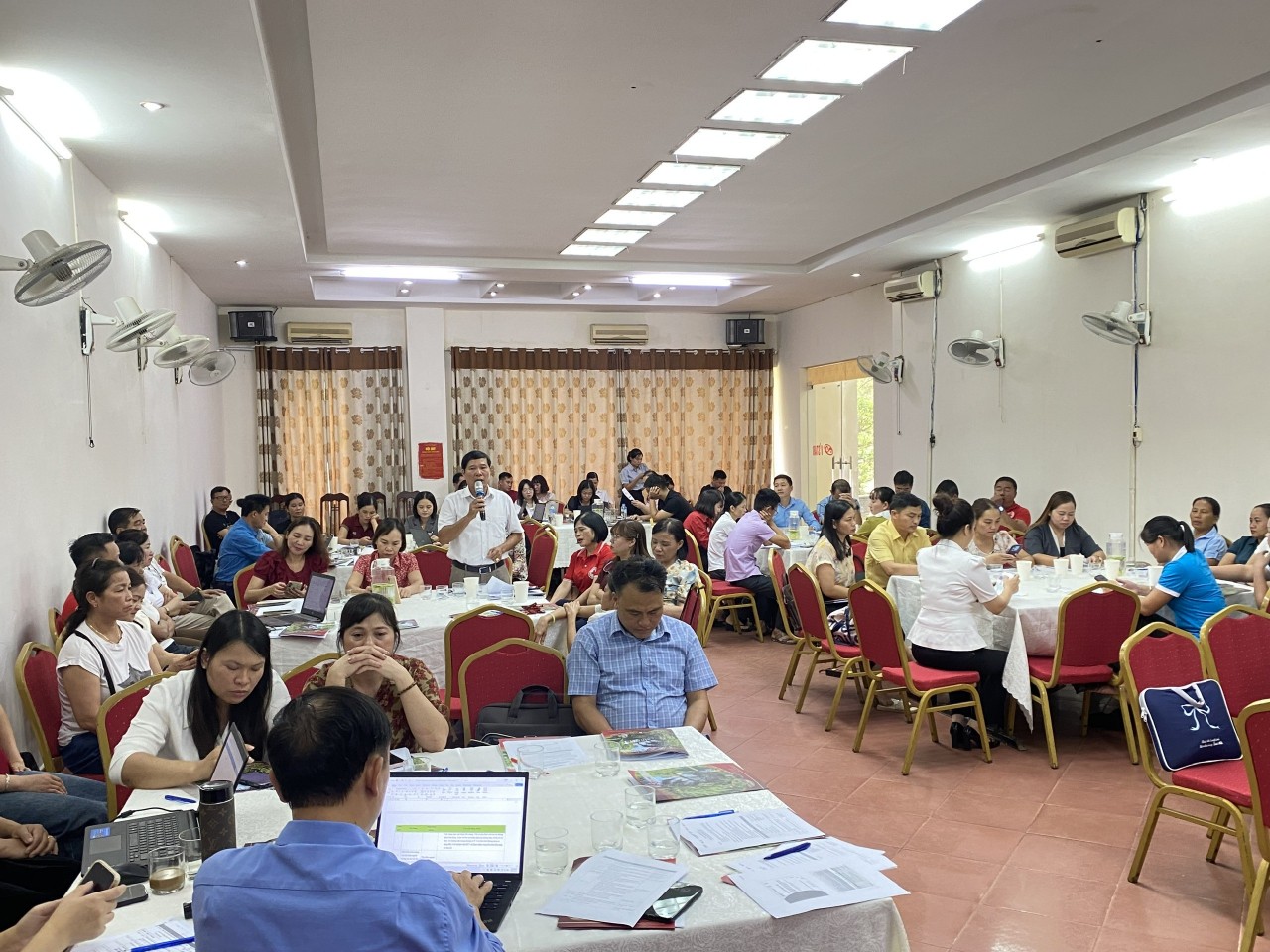 |
| Participants at the workshop. (Photo: Oxfam) |
Le Thi Anh Nga, representative of the Australian Embassy in Vietnam, shared that Australia was the first country to deliver international relief supplies to Vietnam after Typhoon Yagi, with a total aid package worth 4 million AUD, channeled through organizations such as Oxfam, Save the Children, and various United Nations agencies.
“Natural disasters leave devastating consequences, especially for women, children, the elderly, and persons with disabilities. Listening to community voices helps us ensure our support is fair, effective, and timely,” she said.
She also expressed appreciation for the efforts of local authorities and communities throughout the recovery process. “We look forward to continued feedback on effective models as well as real-world challenges so we can improve the quality of future assistance,” she added.
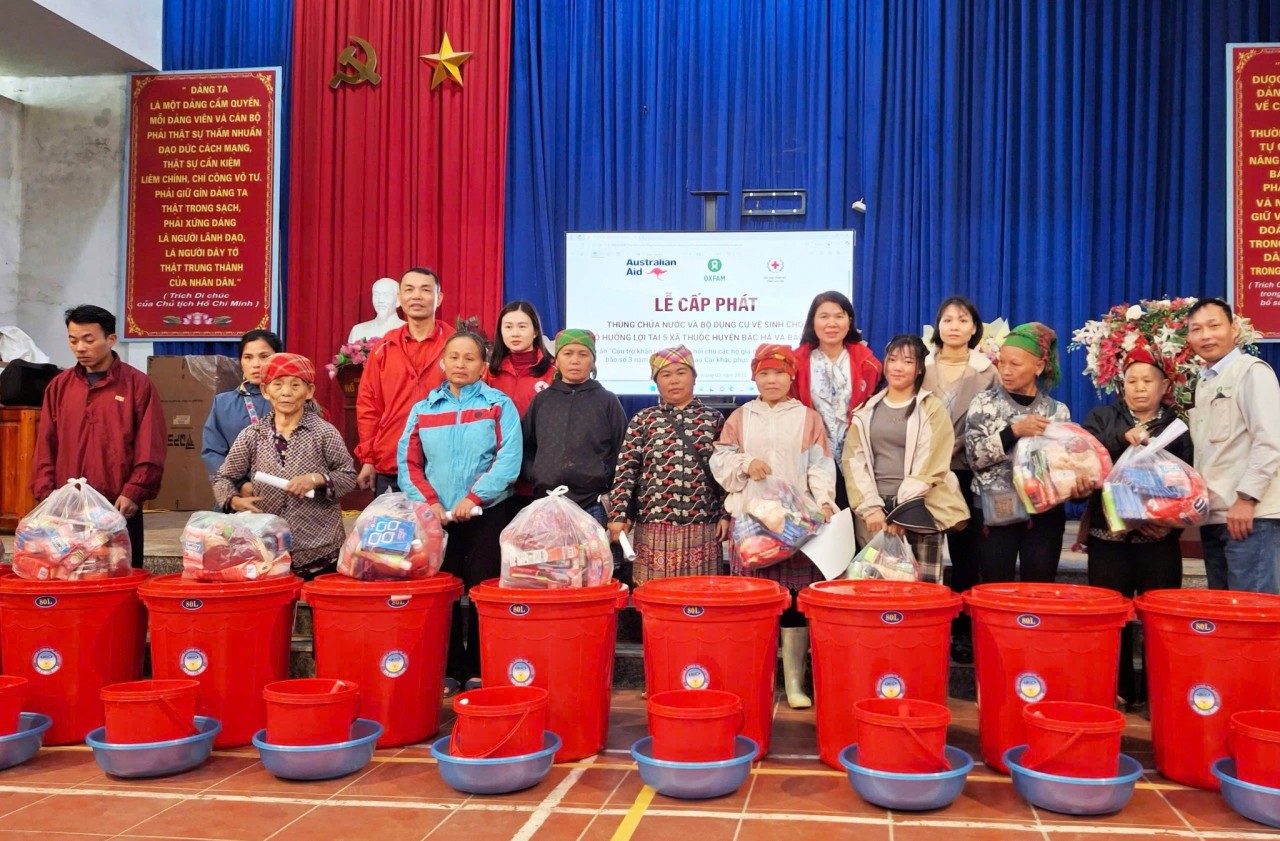 |
| Oxfam distributes water tanks and hygiene kits in Bac Ha and Bao Yen districts (former Lao Cai province), March 2025. (Photo: Oxfam) |
At the workshop, representatives from the Phu Tho Provincial Women’s Union and the Lao Cai Red Cross Society presented summary reports on the project. Commune- and village-level delegates, along with beneficiaries, shared implementation experiences, highlighting achievements and ongoing challenges in coordination.
The participants proposed several solutions to enhance the effectiveness of future aid efforts. Notably, they emphasized the need to reform administrative procedures and shorten project approval processes, especially for emergency relief programs. Some suggestions included policy adjustments toward greater flexibility and alignment with local realities to ensure aid is delivered at the right time, to the right place, and the right people.
Additionally, participants urged Oxfam and international organizations to continue supporting mountainous areas characterized by difficult terrain, scattered populations, and high disaster risk, not only through emergency relief but also through long-term and sustainable development programs.
Regarding gender equality, many participants praised Oxfam’s approach in prioritizing support for women leaders. They also recommended establishing clear and transparent criteria to identify these groups, thereby facilitating implementation and strengthening community consensus.
Moreover, the participants underscored the importance of documenting the project implementation process, capturing effective models, exemplary stories, and lessons learned for wider dissemination and potential replication in other localities.
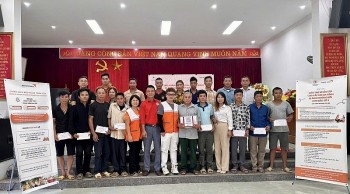 | WVI Supports Households affected by Storm Yagi in Ba Thuoc District (Thanh Hoa) Thanh Hoa People's Committee has issued Decision No. 4674/QD-UBND dated November 27, 2024 approving aid from World Vision International (WVI) - Representative Office in Vietnam. ... |
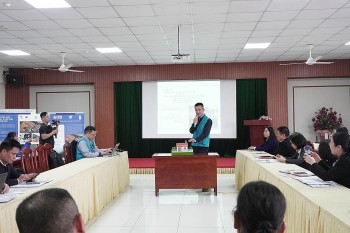 | Effort to Rebuild Lives in Yen Bai After Typhoon Yagi The project "Inclusive Early Recovery and Reconstruction Programme After Typhoon Yagi” is kick off in Yen Bai, one of the provinces hardest hit by Typhoon ... |
Recommended
 Expats in Vietnam
Expats in Vietnam
Vietnamese Tet - Where “Friends from Afar” Find a Sense of Belonging
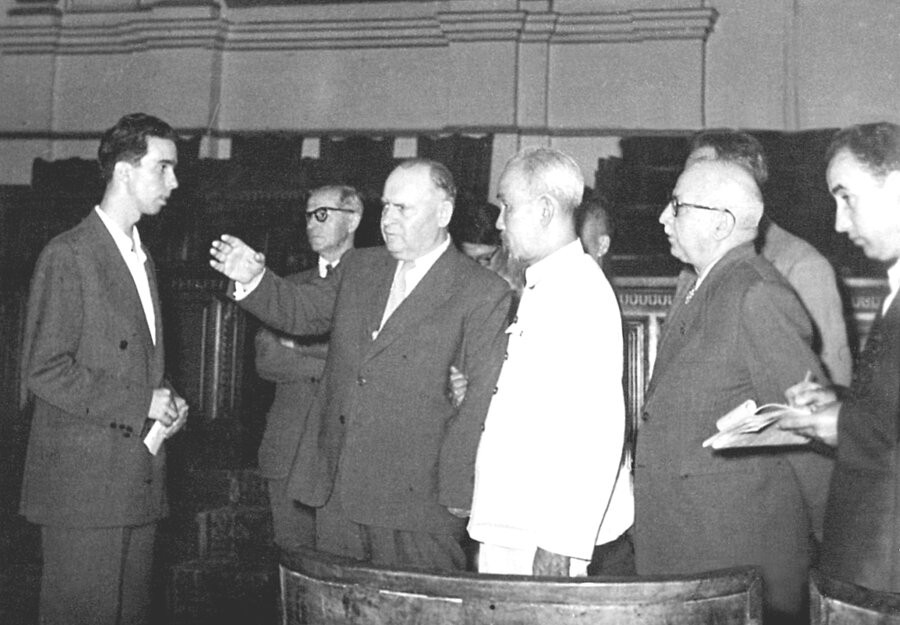 Viet's Home
Viet's Home
Ho Chi Minh’s Legacy in the Land of Roses - Bulgaria
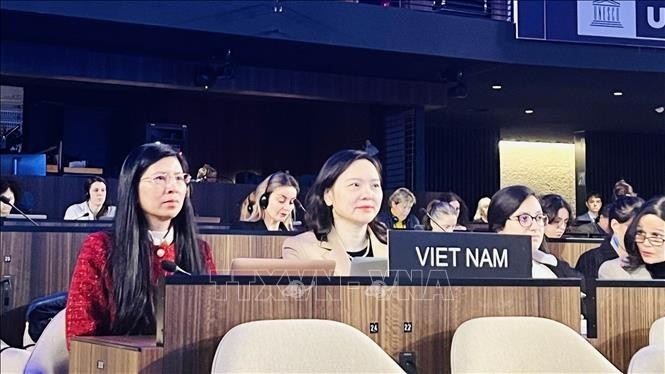 Viet's Home
Viet's Home
Vietnam Continues to Work with UNESCO to Safeguard Cultural Diversity in the Digital Era
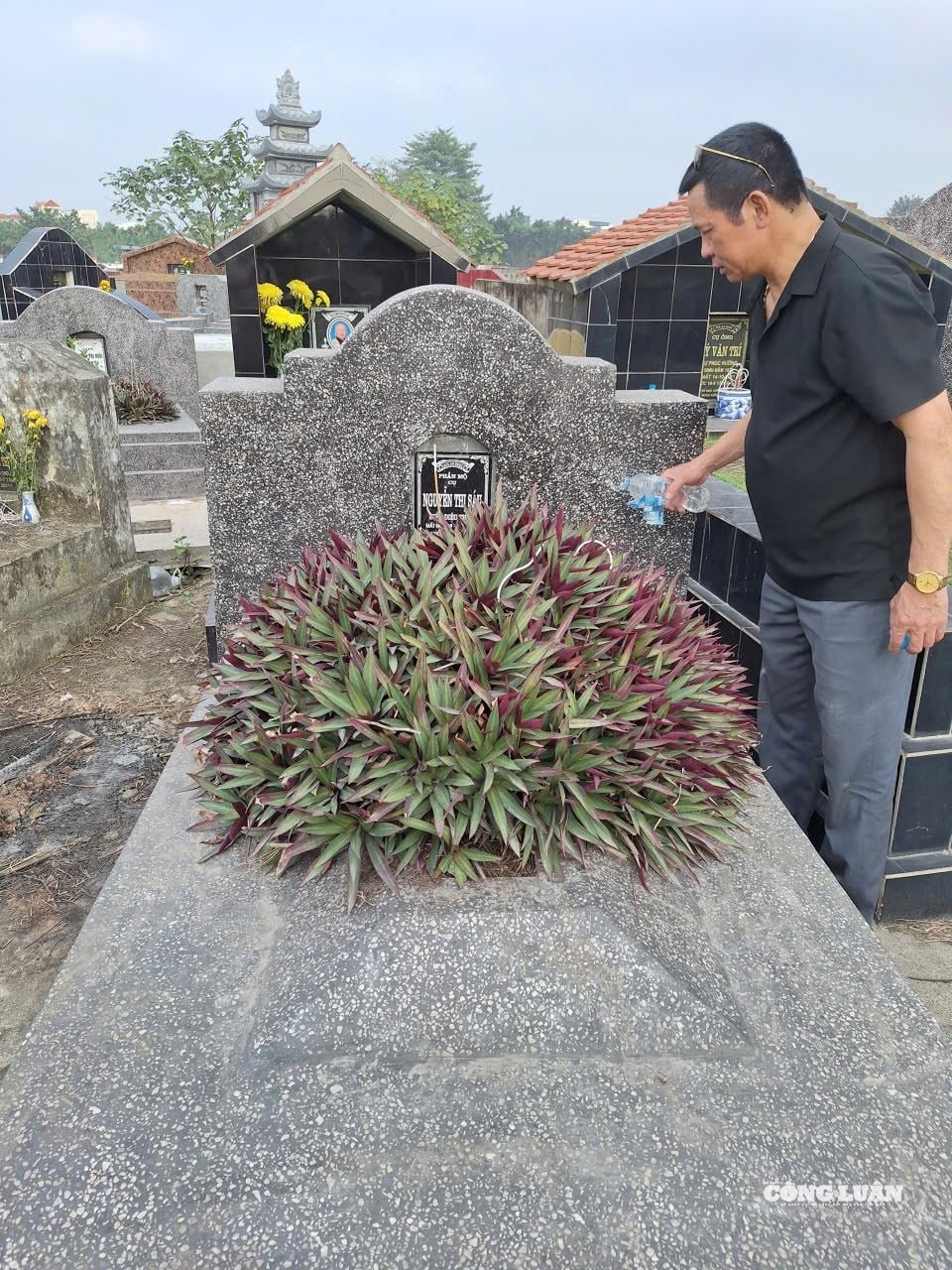 Viet's Home
Viet's Home
Inviting Ancestors Home for Tet
Popular article
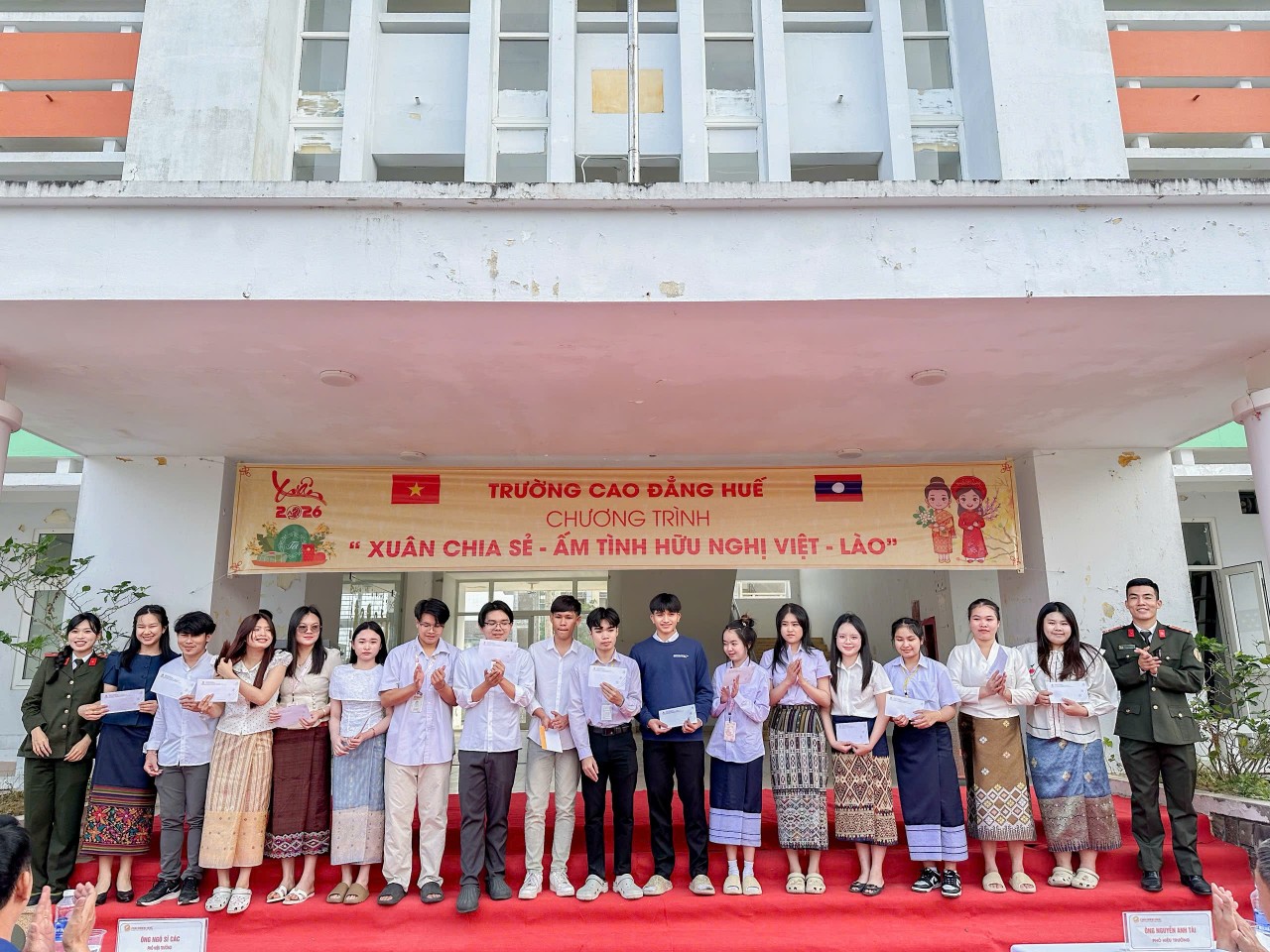 Viet's Home
Viet's Home
Universities In Vietnam Organize Tet Activities For International Students
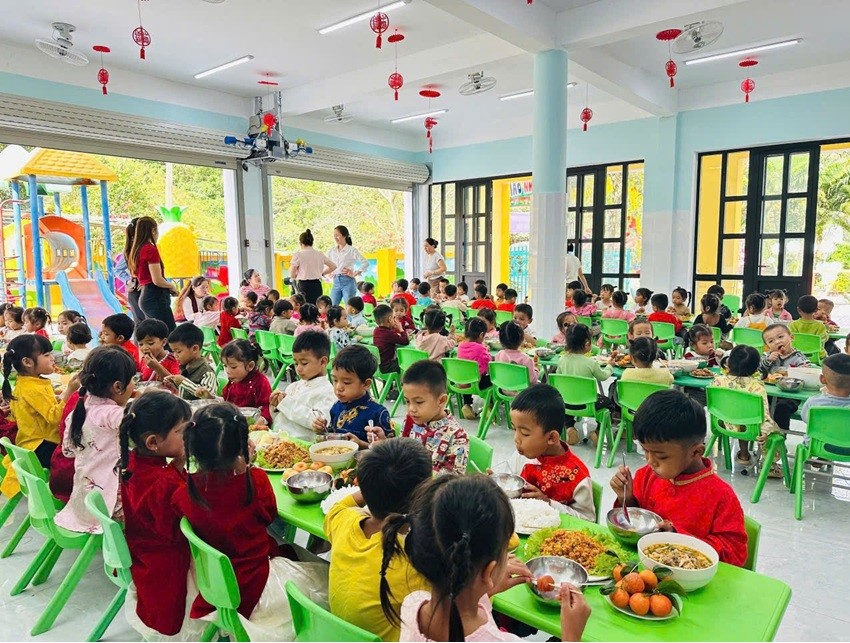 Viet's Home
Viet's Home
Zhi Shan Foundation Sent Tet gifts to Over 3,000 Children in Mountainous Region of Quang Tri
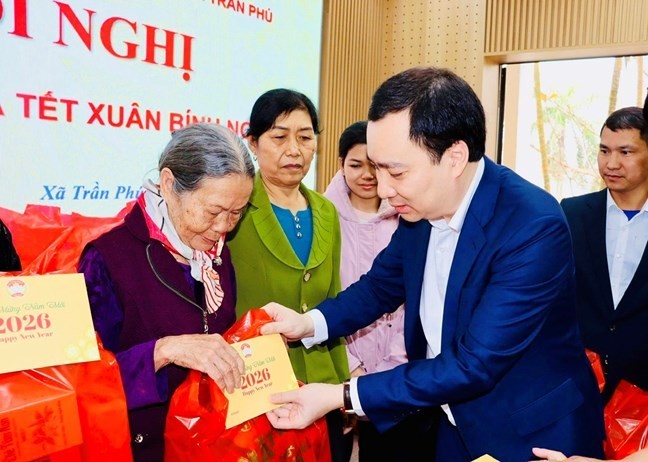 Viet's Home
Viet's Home
Hai Phong Brings Lunar New Year Gifts to Disadvantaged Families in Tran Phu Commune
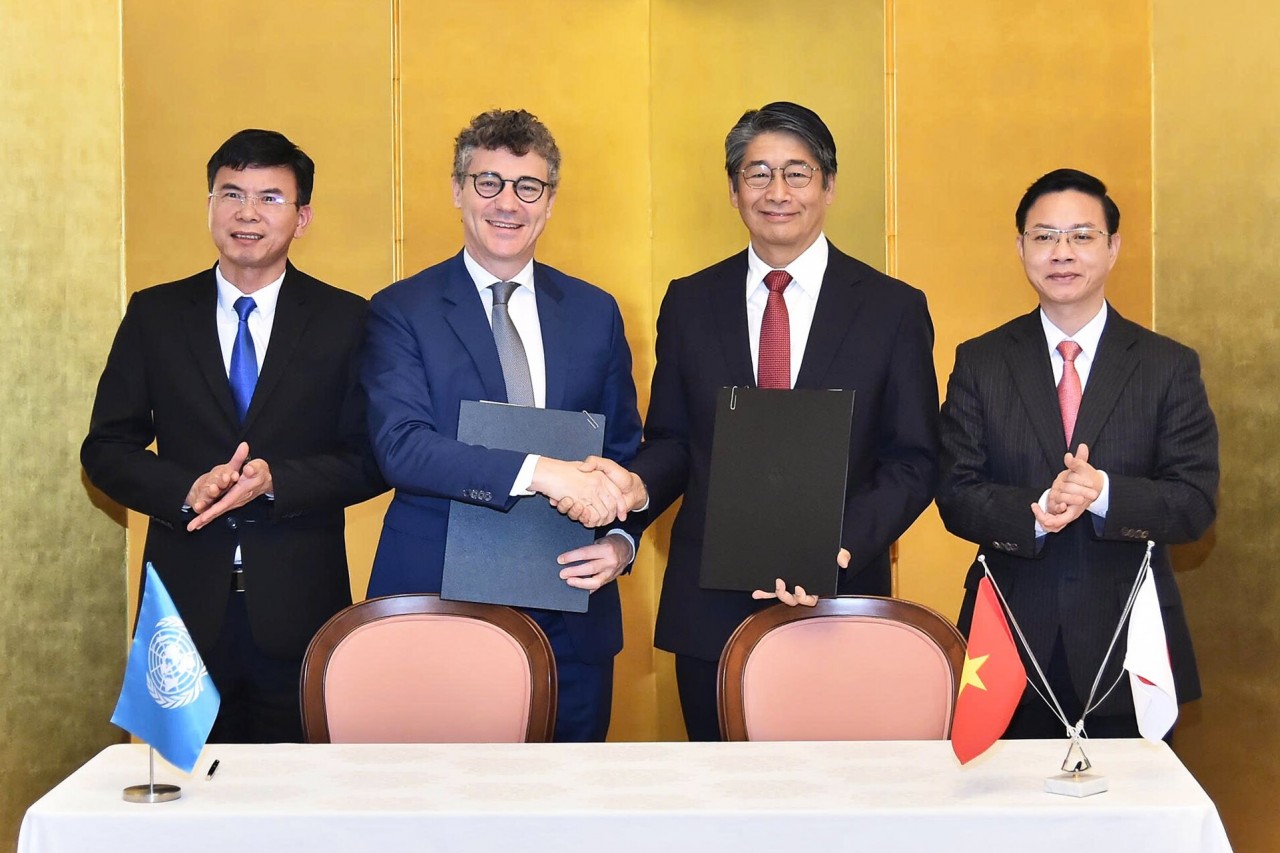 Viet's Home
Viet's Home




